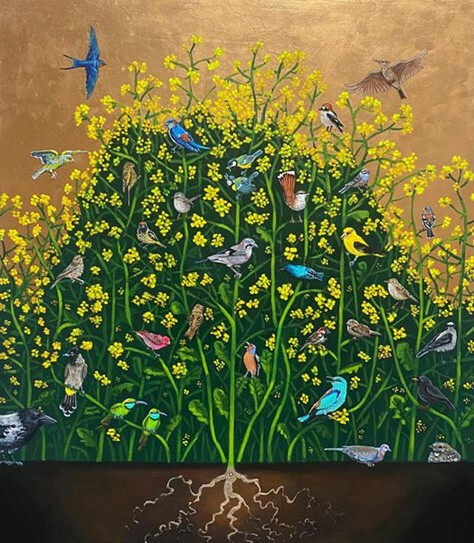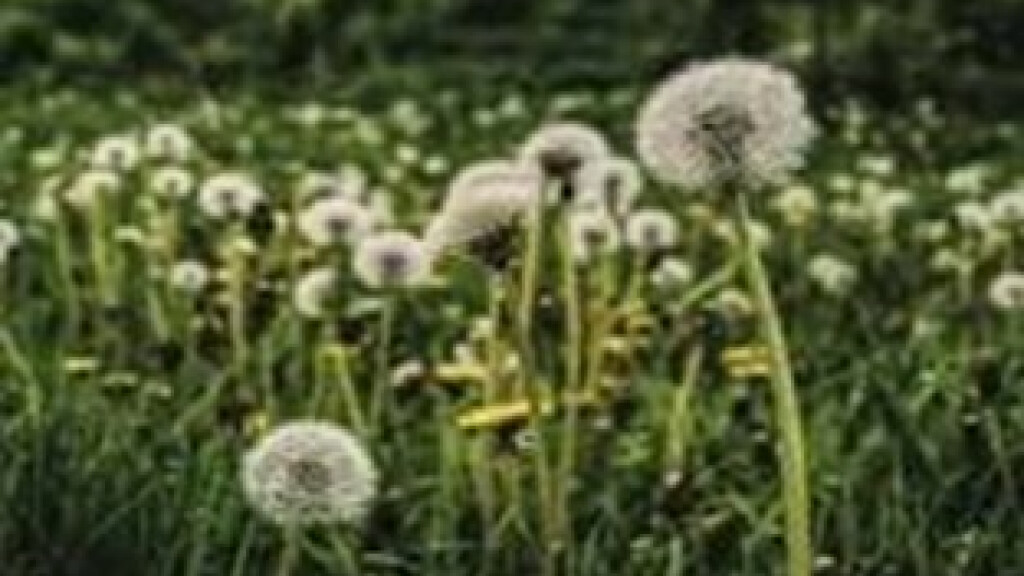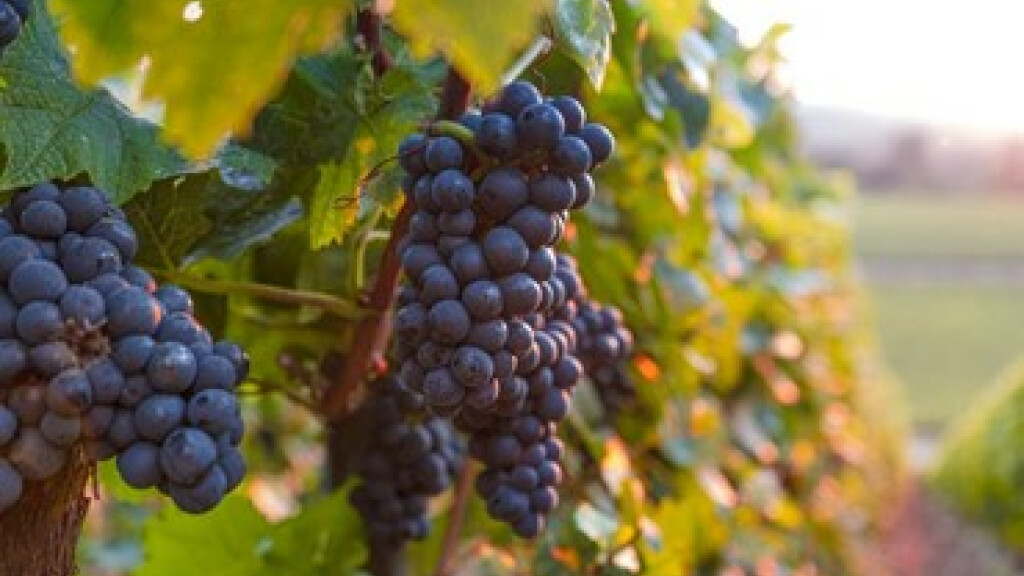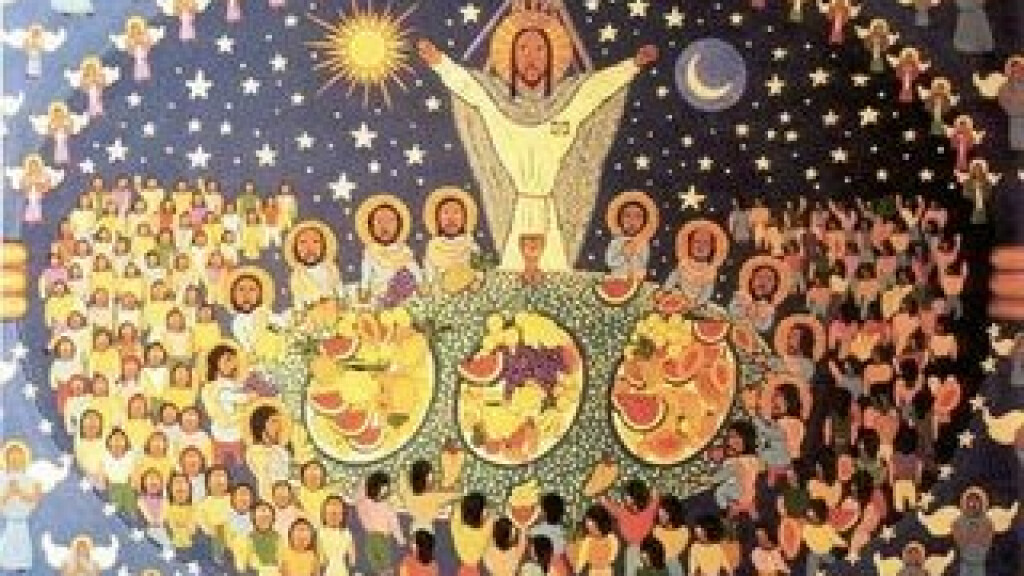September 10, 2023 | Rev. Loren McGrail
Dear Ones,
The second sermon in our series on The Parables in Matthew. It has been a welcome challenge to include what the listeners, the Palestinian peasants might have heard when they listened to this weedy teacher.
Blessings,
Loren
Let Weeds and Wheat Grow Together
Matthew 13:24-30
Rev. Loren McGrail
Holmdel Community United Church of Christ
September 10,2023
Weeds Among the Wheat
You think you know the sprouts
in the garden of your life:
which are the heirloom vegetables
and which the cursed weeds.
in the garden of your life:
which are the heirloom vegetables
and which the cursed weeds.
You tromp through,
plucking all sorts of green things
from the seedbed of certainty.
plucking all sorts of green things
from the seedbed of certainty.
I have seen impatient people
yank the loveliest of herbs
because they thought they knew.
yank the loveliest of herbs
because they thought they knew.
But you don’t know.
You don’t know what nameless weeds
will bless and blossom,
bear unimagined fruit,
even among their thorns,
in a harvest beyond your reckoning.
You do not know whose weedy life
is, in the other world,
burgeoning with God’s glory.
is, in the other world,
burgeoning with God’s glory.
Do not judge.
You are not the Gardener.
The fruits of heaven grow
on the shabbiest stalks.
Only later will you see the work
of the One Who Sows,
the One Who Gathers.
Steve Garnaas- Holmes
When I was about 9 my mother’s mother came to live with us for a while. She was from the South which meant her hair was always coiffed and her nails painted cherry red. In the evening she used to sit in the living room in her chair and read her Russian books in Russian and drink her gin and tonic from one of those crystal glasses that made rainbows when the sun came in. One warmish May evening I brought her a bouquet of dandelions. We held them under my chin to see if the yellow glow would tell if I liked butter. The glow confirmed what I already knew. She swallowed her drink and put the weedy yellow flowers in her special glass. She did not complain that I had brought her weeds. She probably did not know about the importance of these colorful flowers for our pollinator friends or how healthy and medicinal were the greens. She merely accepted me and my gift.
So here we are Dear Ones, talking about the kin-dom of God again. This is a story about planting wheat and how the weeds called tares grow alongside it and what to do about it. Pull them out? Jesus tells his listeners to let them grow together until the harvest. Jesus invites us to remember the story from the perspective of the weeds growing amongst the wheat.
Let’s look at the parable through a few different lenses. Let’s start with those listeners, the landless peasants, who were Jesus’ main audience. A contaminated field of wheat and tares would have been a huge hardship for them. It would have meant a loss in wages which would have meant not enough money to support their families.
To the wealthy landowners, however, a contaminated field would have meant a loss of profit and food. You see the rich ate wheat while the poor first century Palestinian peasants ate barley. Wealthy landowners used enslaved servants and day laborers to do their farm work in the fields. The Roman Empire wanted to keep this system intact as it made it easier to occupy the population with already most of its citizens enslaved or oppressed. You see Roman law forbade a world where the wheat and the weeds could live together. It was subversive for Jesus to suggest they grow together.
Those Galilean peasants listening to Jesus would have been laughing about their weedy threat to the wheat field. They knew they were the weeds. They might have also secretly clapped because this unknown weedy healer himself was under constant threat and heavy surveillance from both the secular and religious powers had just likened heaven to a place where even they, the weedy ones, had a place.
We would be wise to consider how our own society divides people into categories based on race, ethnicity, gender, class, or sexual identity.
Now let’s turn to an interpretation that comes from the society that Matthew was addressing about 85 years after the life of Jesus. Some scholars believe that this parable found only in Matthew was addressed to a Jewish and Gentile community in crisis over divisions about who were more worthy of heaven.
Jewish Christians felt they were the wheat because they still followed the Torah while Gentile Christians felt they were the wheat because they had freedom from the old rules. They each identified the other as the poisonness tare. Jesus’ message was that the wheat and the weeds must co-exist in peace because their roots are entangled. If you pulled up the shoots of the tares, you would pull up the wheat. Therefore, one must wait until the harvest, or you would poison the grain and contaminate next year’s crop. Each should avoid the use of violence to uproot the latter. Furthermore, Jesus wanted them all to know that his message was about those who responded to his call and those who didn’t. Those who didn’t were the weeds not each other.
We would be wise to ponder the divisions we see in our own society and heed the call to find ways to live together –roots tangled.
Dear Ones, God’s kin-dom is not meant to be a monocrop, a genetically modified weed resistant crop, but rather something like a community garden where everyone has a share or a pollinator garden where milkweed and thistle grow to feed the bees and other insects.
Learning to see how we are all interconnected and how we need each other for each other’s survival is what is necessary now as we face not climate change but climate crisis or collapse. Simply put without the weeds that feed the bees and butterflies we will have no fruits or vegetables---no crops, no food. Their extinction spells ours. We have little time to figure this out before we burn up or flood the planet. We have limited time if we wish to reap the harvest.
On a social level, how do we allow ourselves to become root bound with those we consider ‘other’, or less than, even poisonous to our way of life?
On an economic level, are well not a little guilty of being landlords who enslave others to do our work for financial gain or profit? Who are the tares, the weeds, trying to grow against this system? Our youth showing up in the streets to demand a fossil fuel free world? People demanding free elections where every person’s vote counts?
Dear Ones, who are we in the story? Dear Ones, until the Harvest, let the weeds and wheat grow together. We are not the master Gardener. Just field hands. Let us trust God to glean the grains from our fields and remove the rest. Then may peace and acceptance be the seeds we plant for the next harvest.
Series Information









